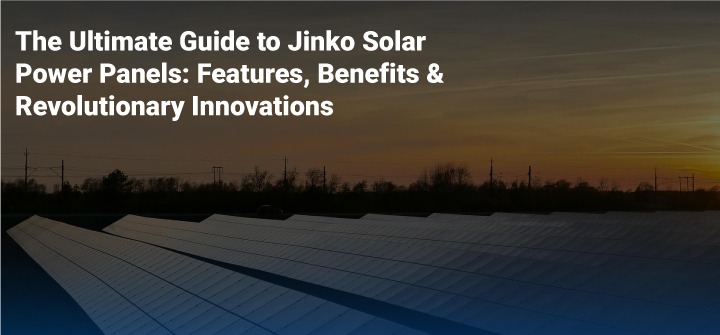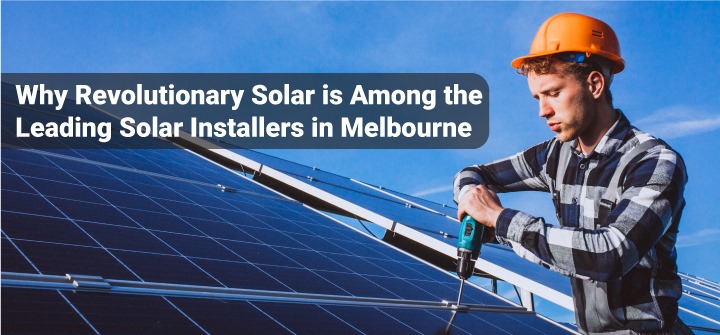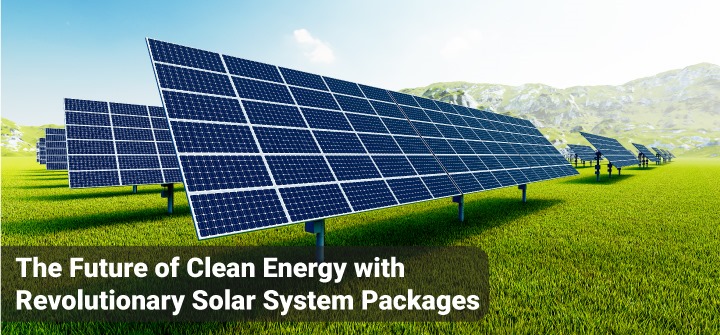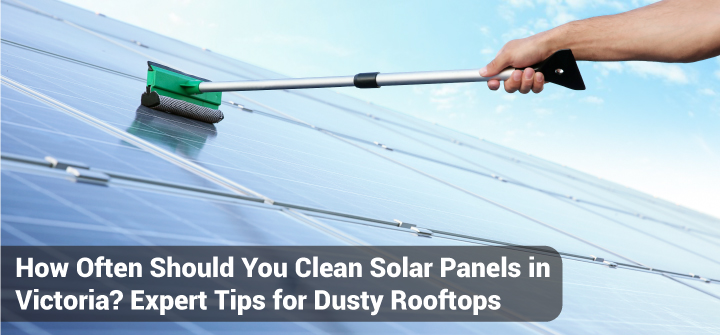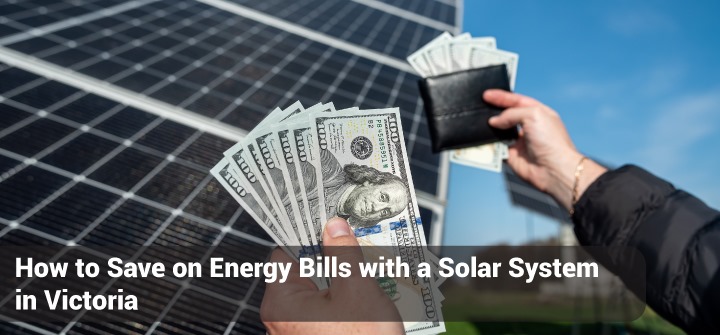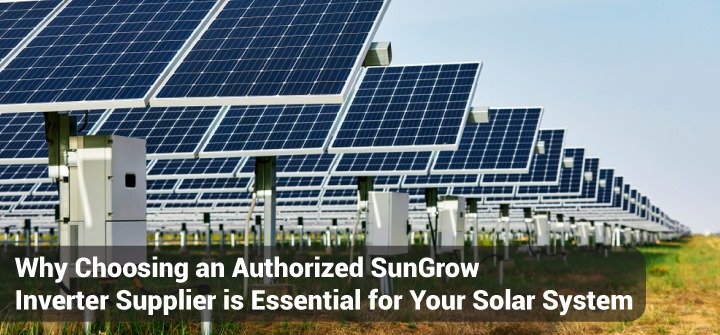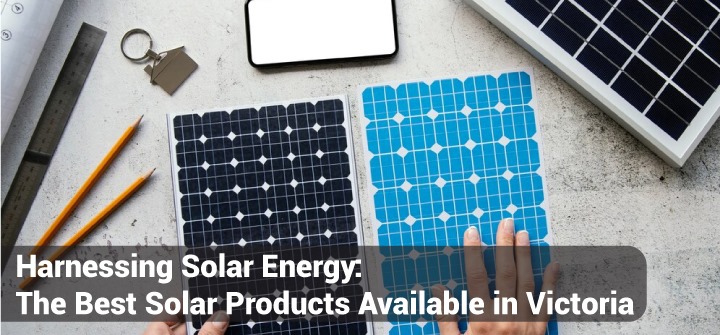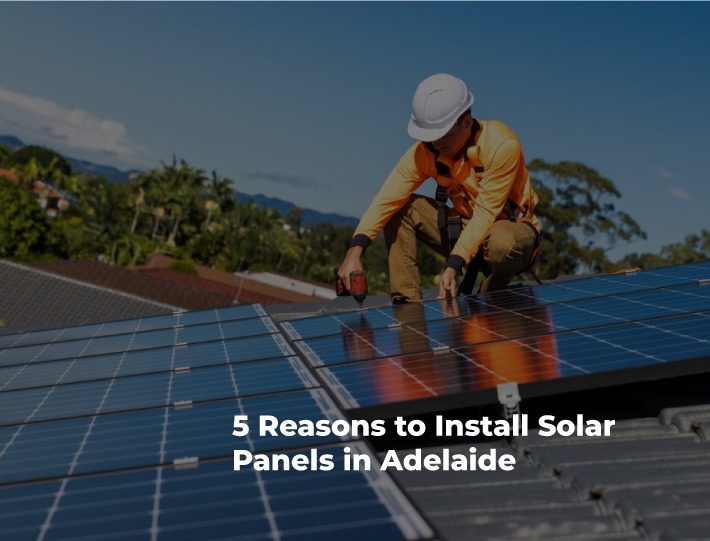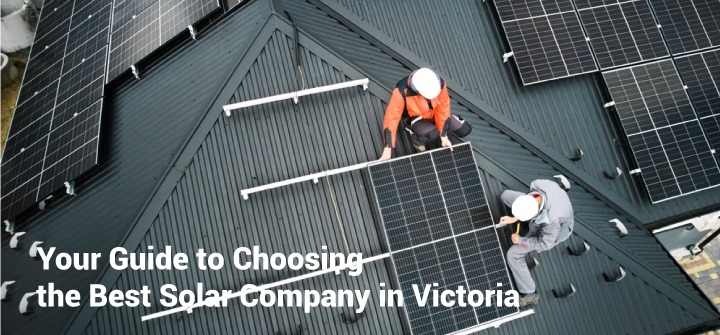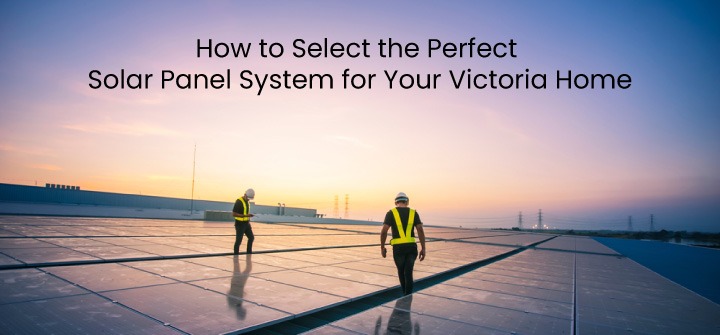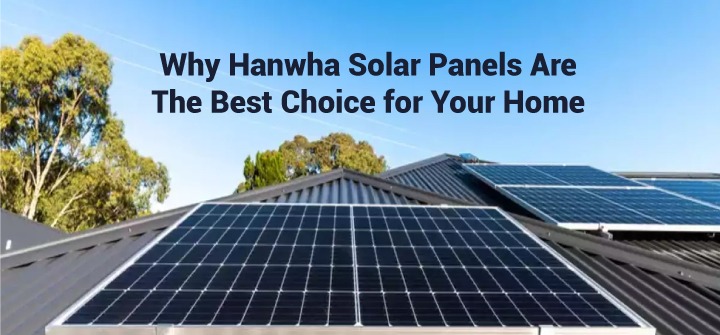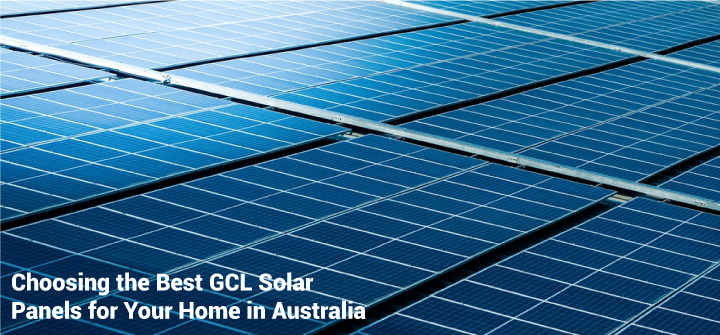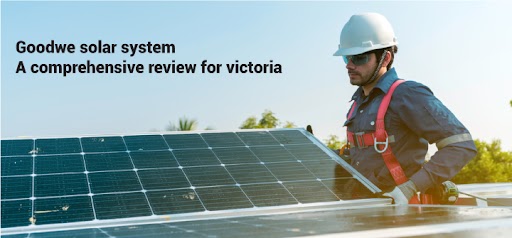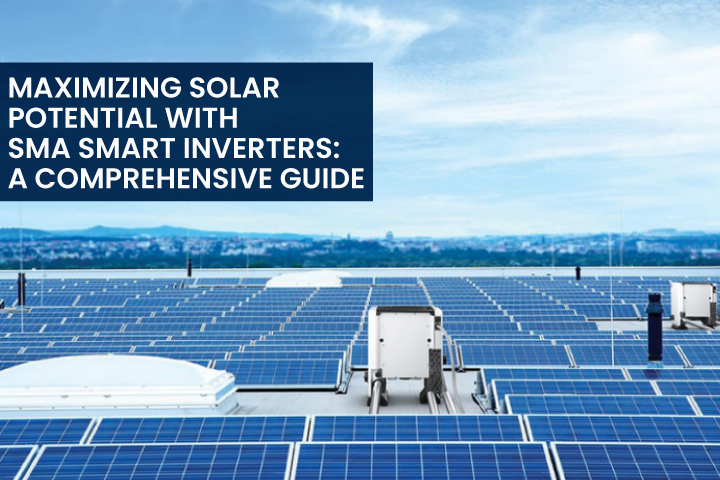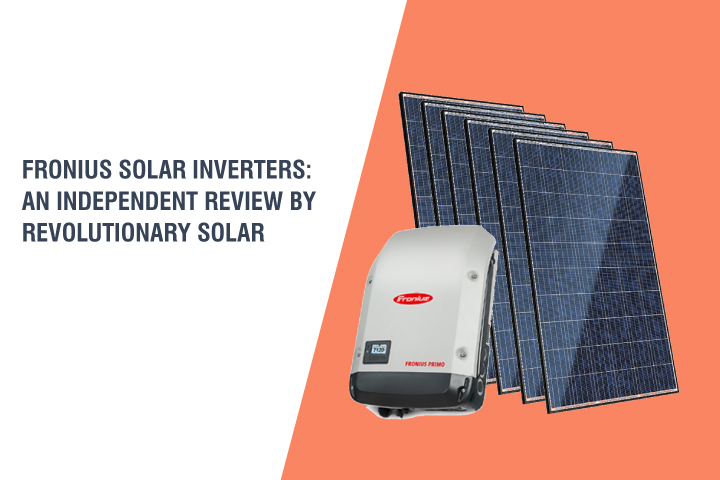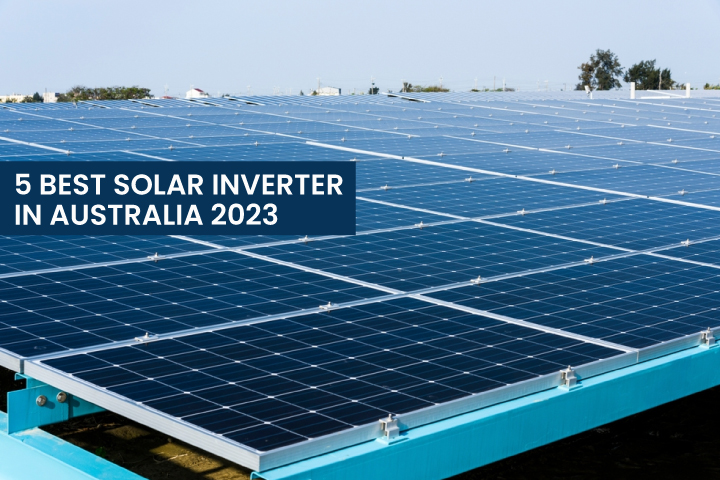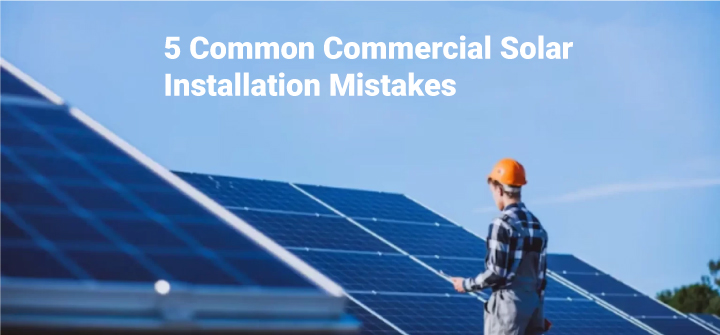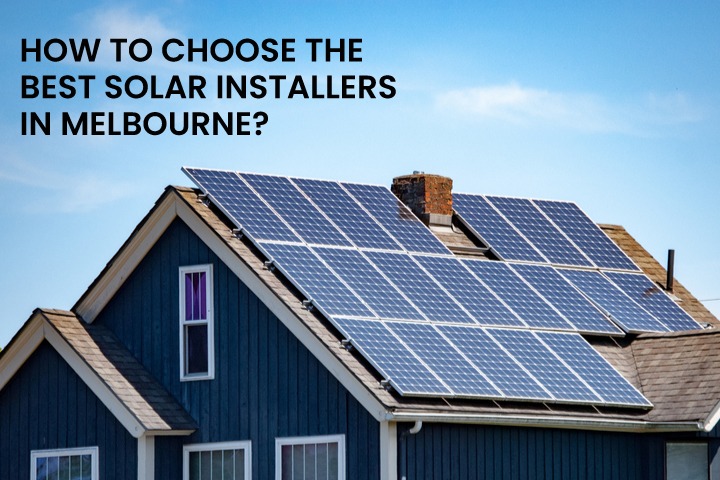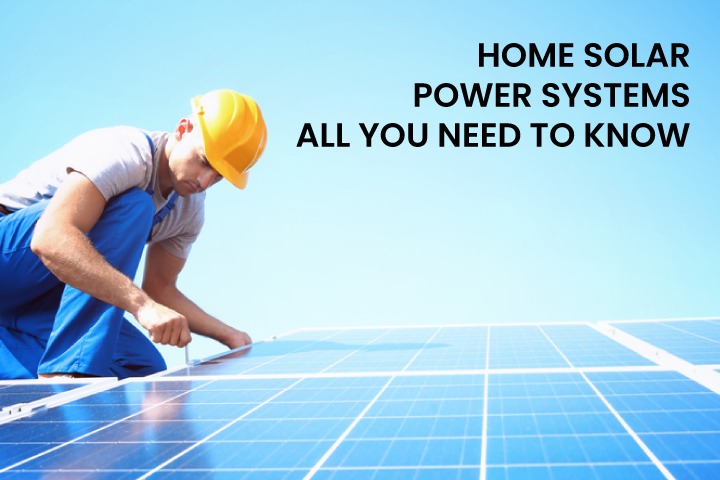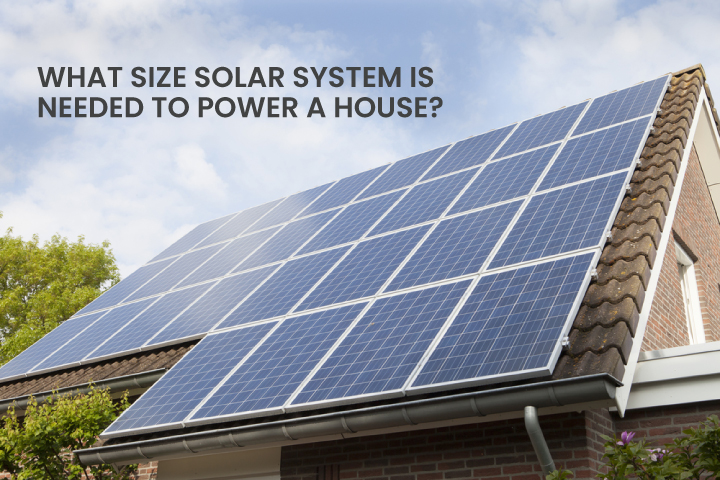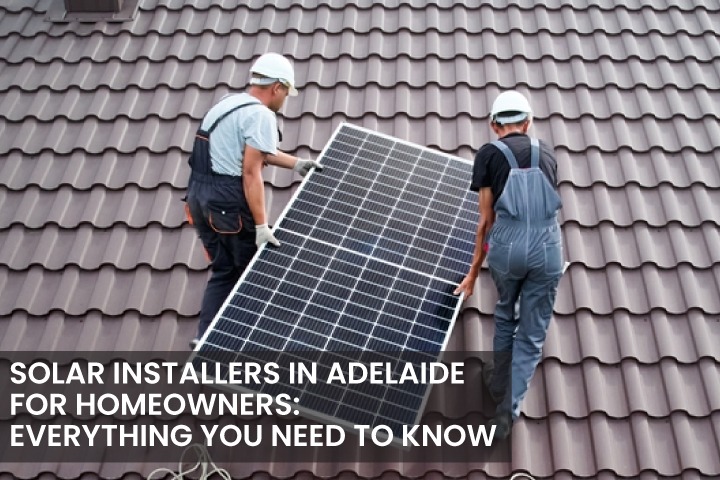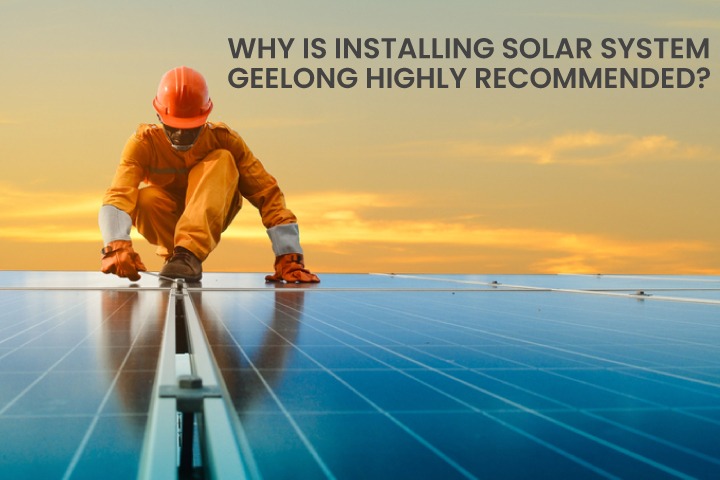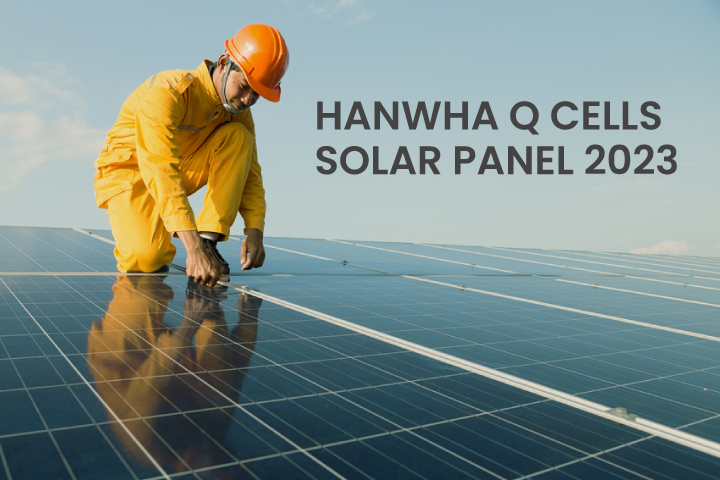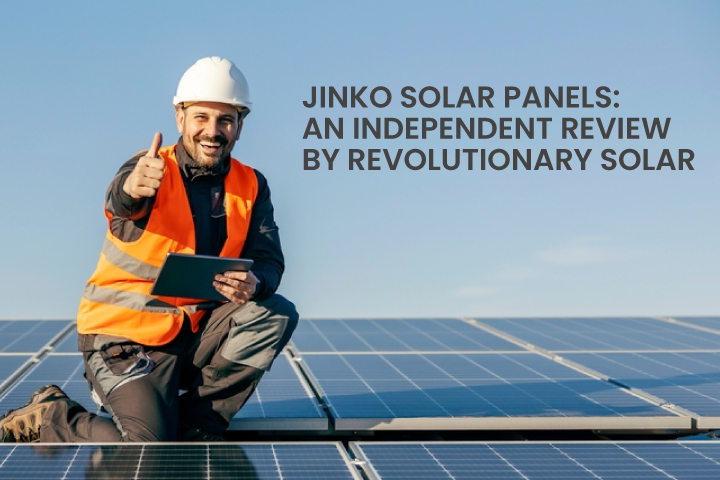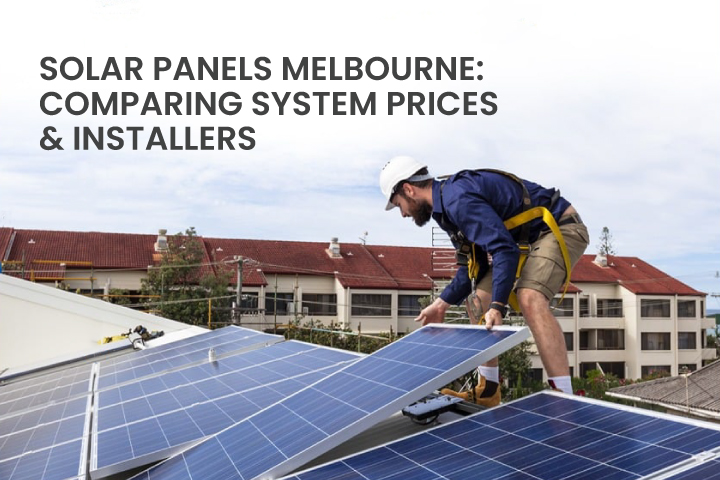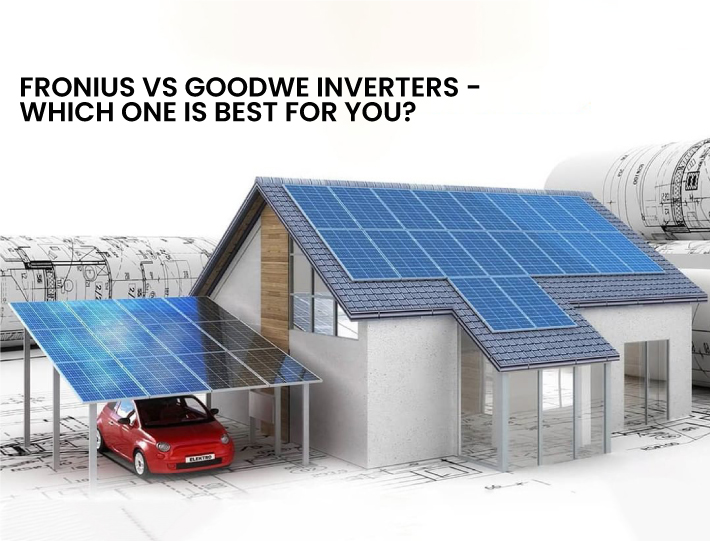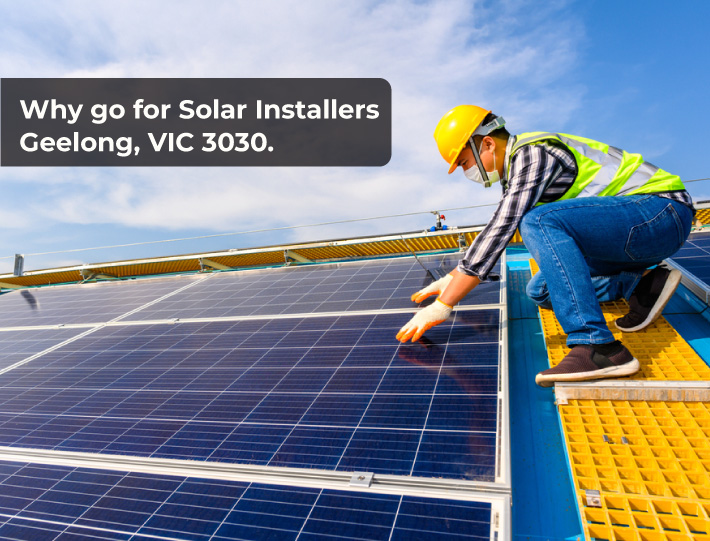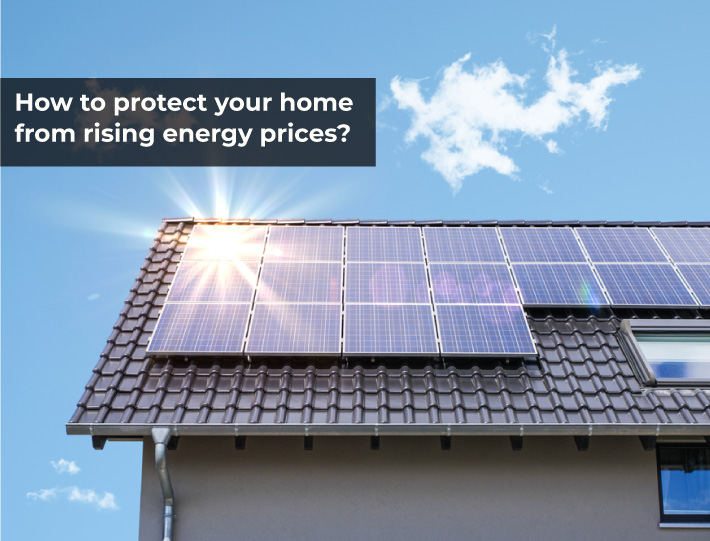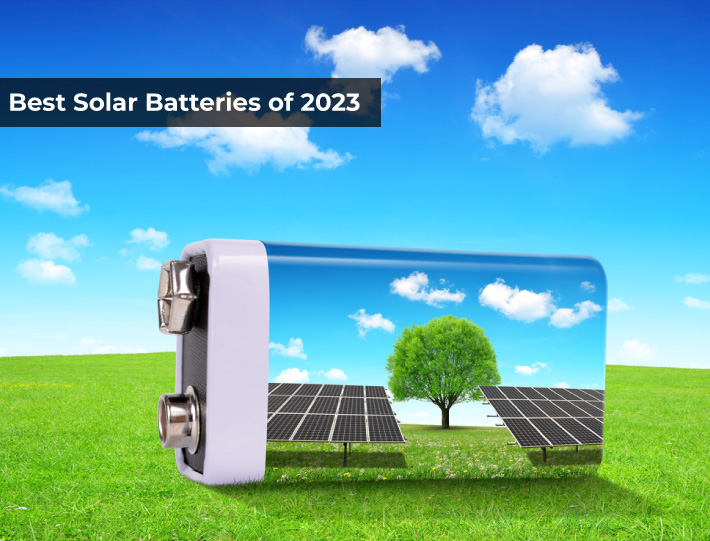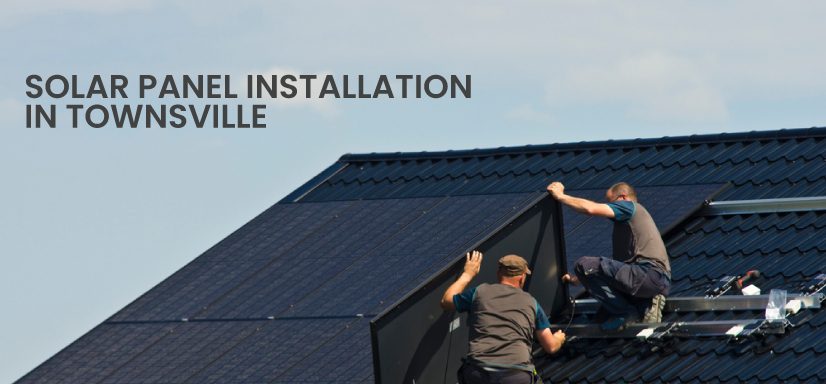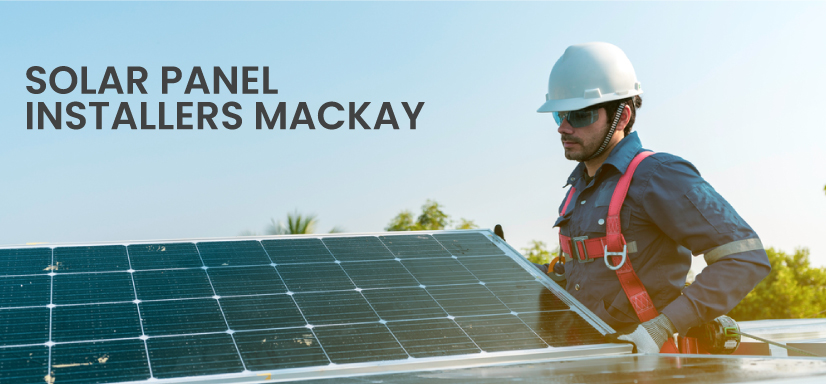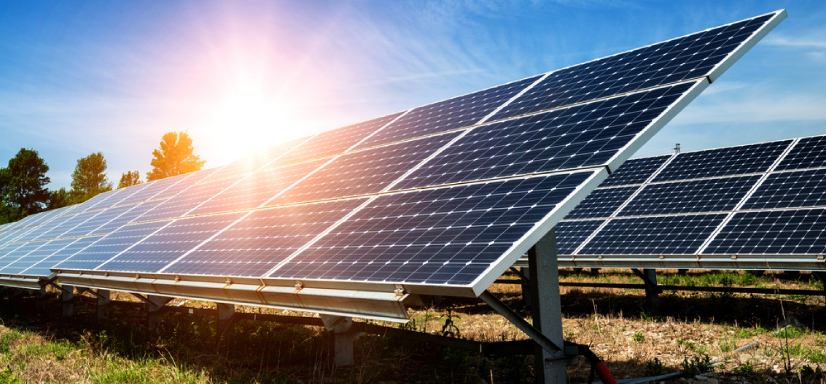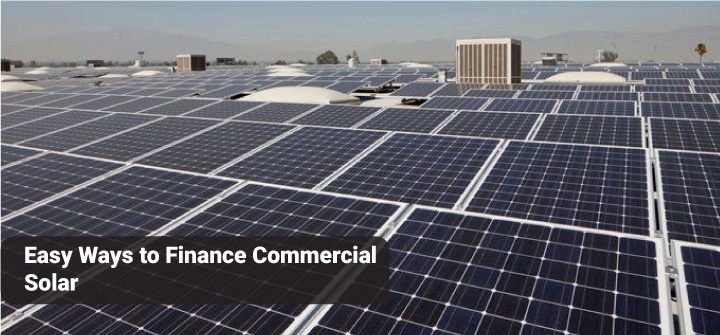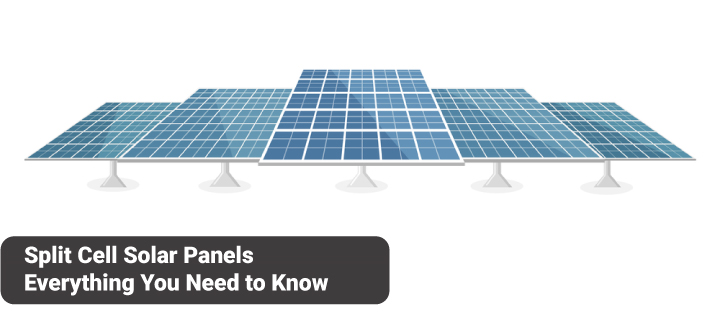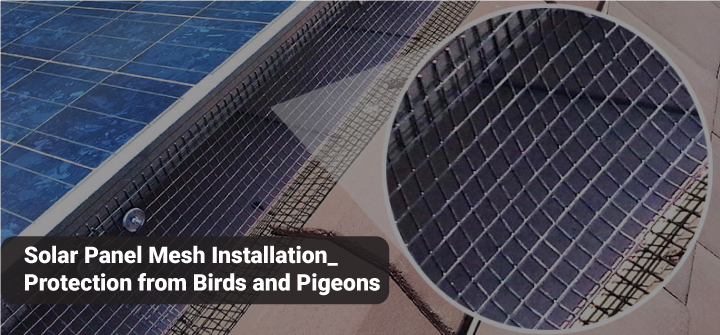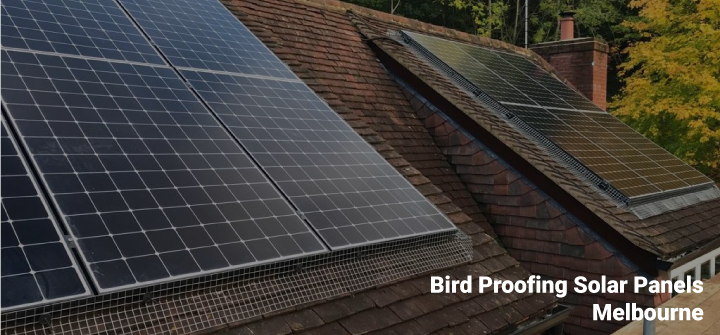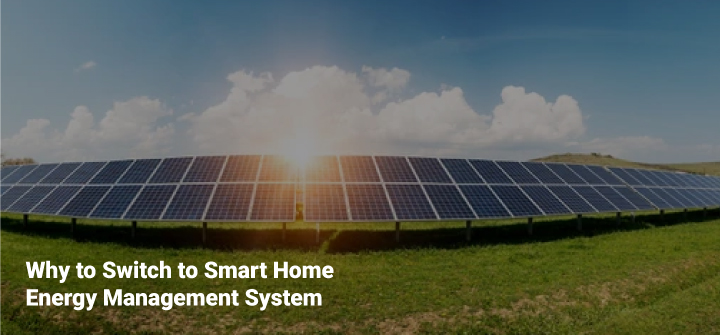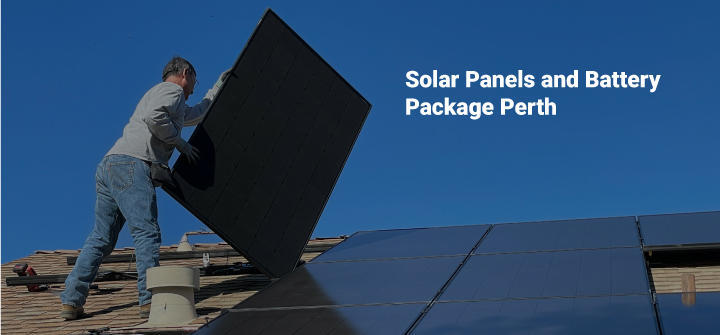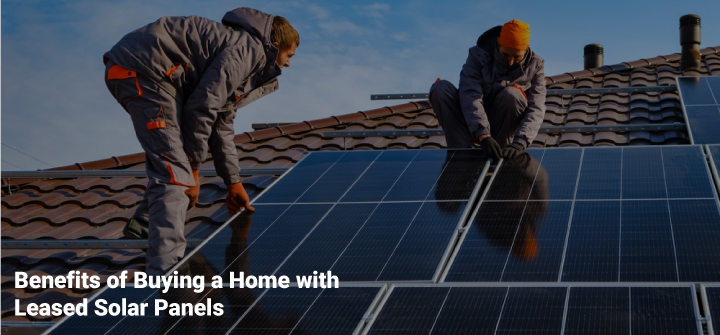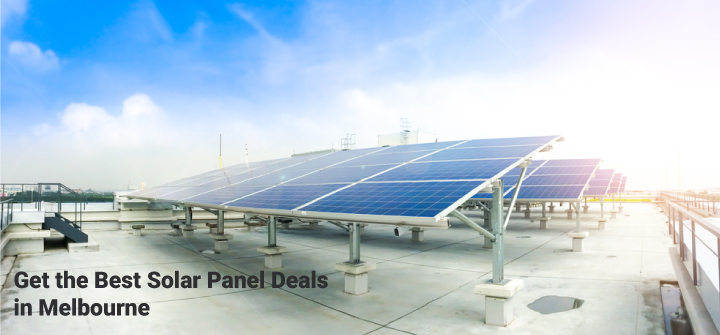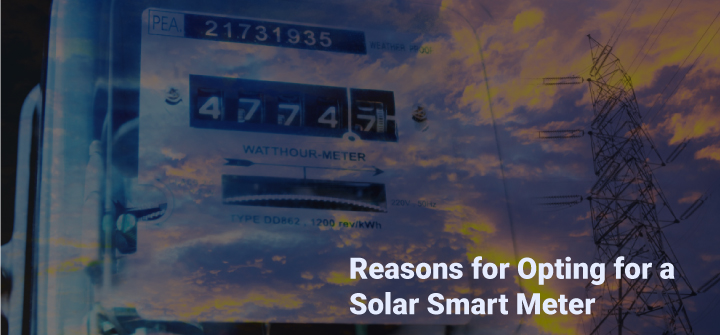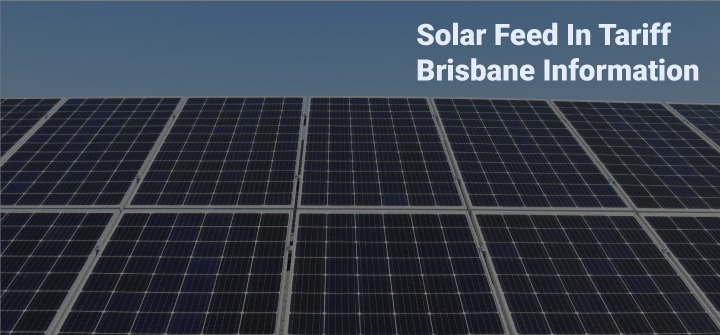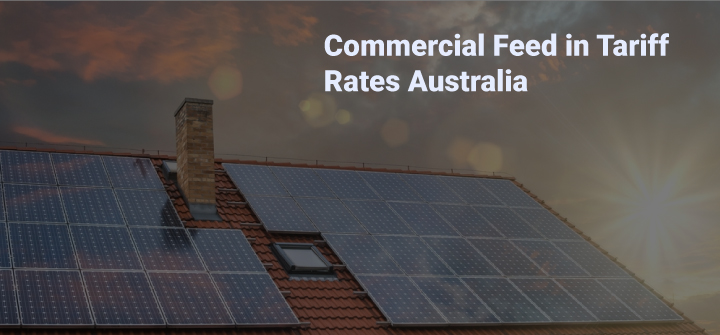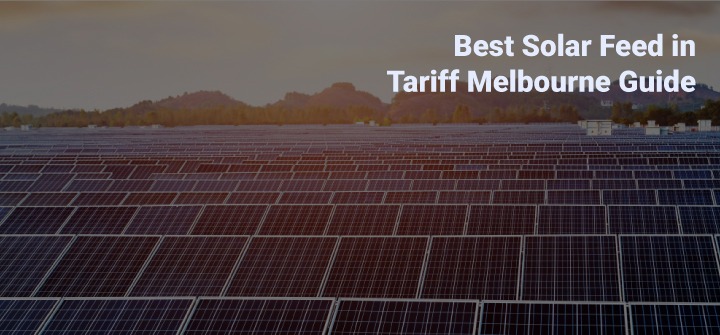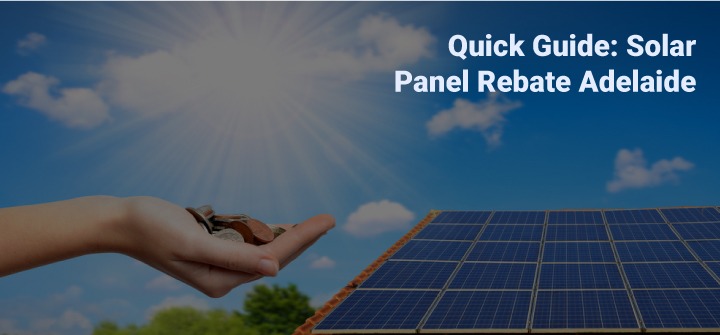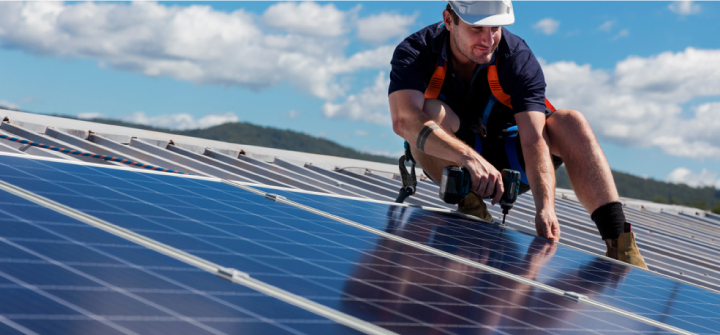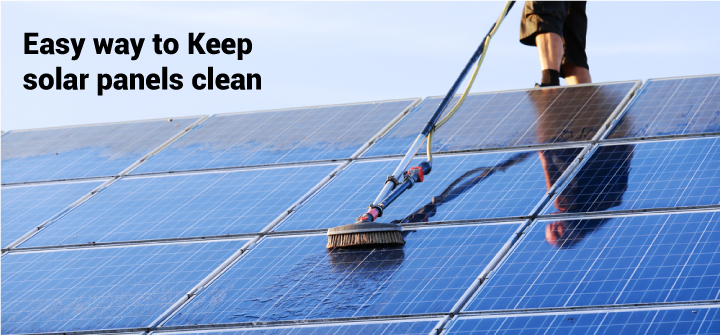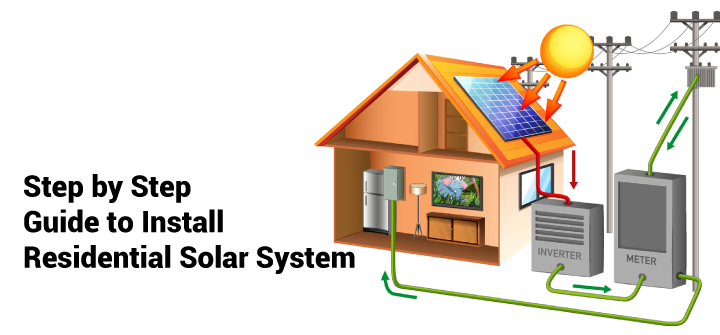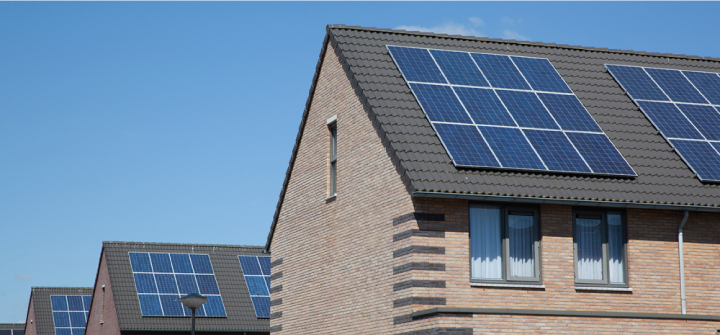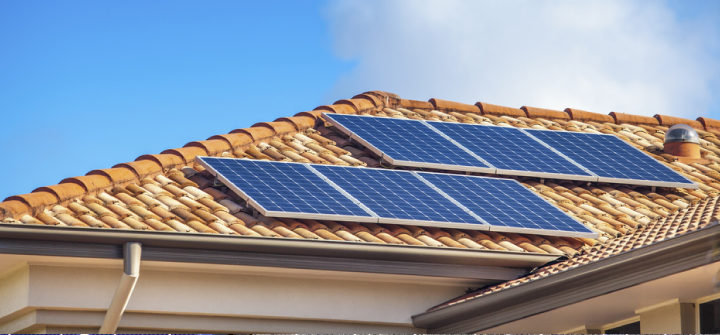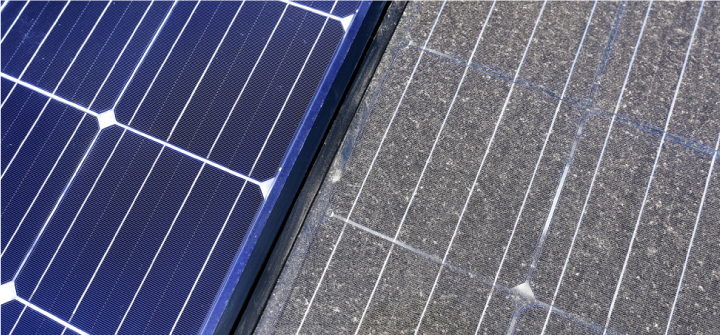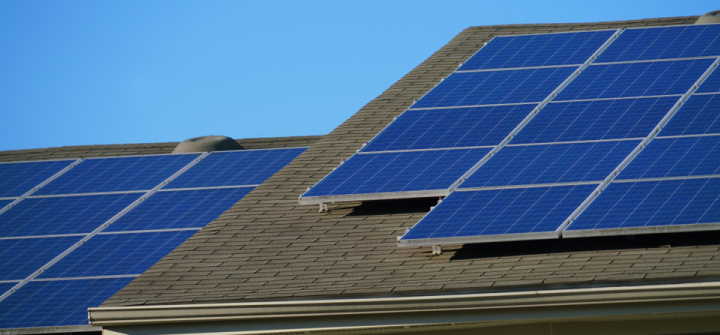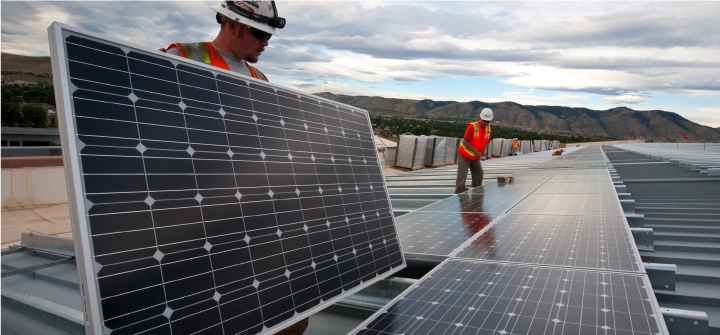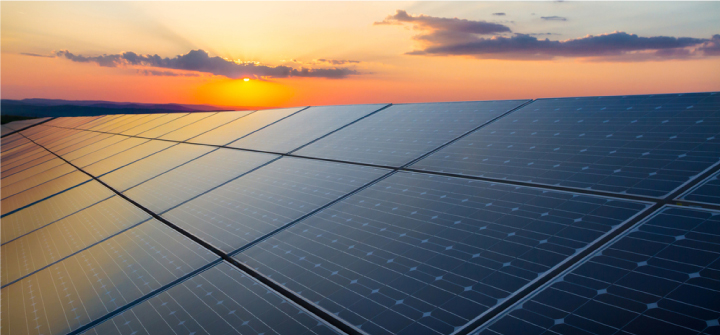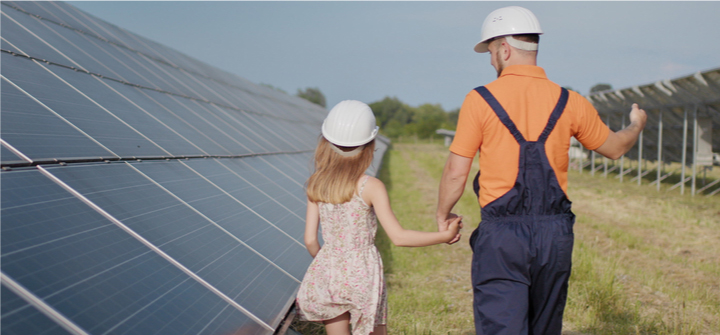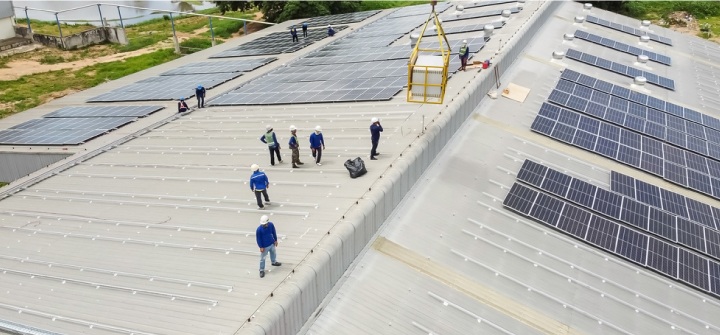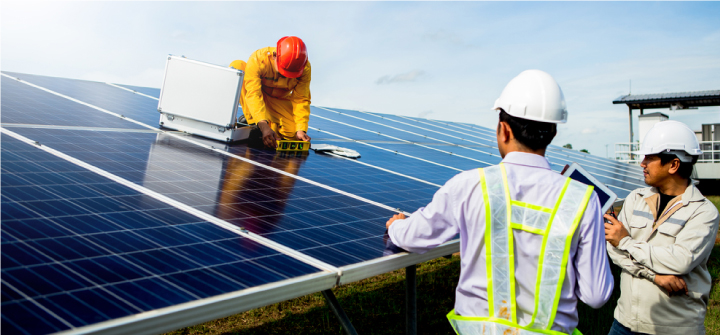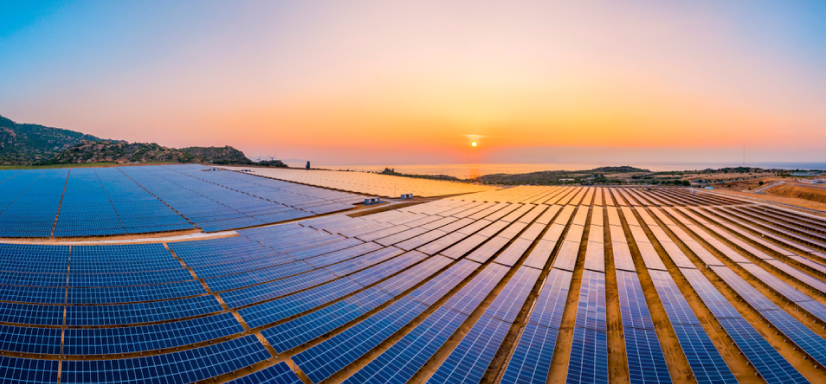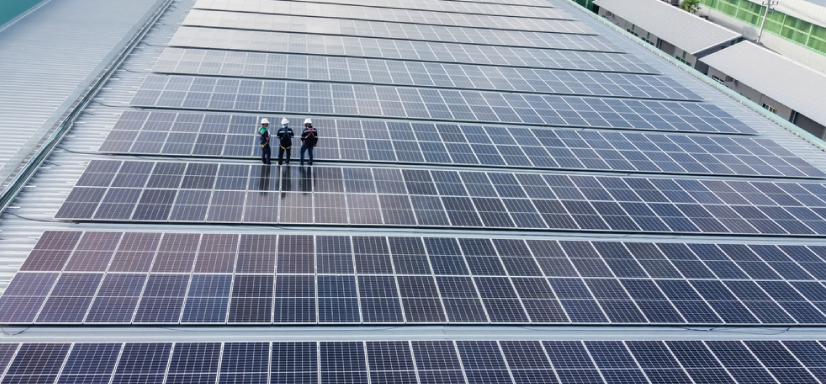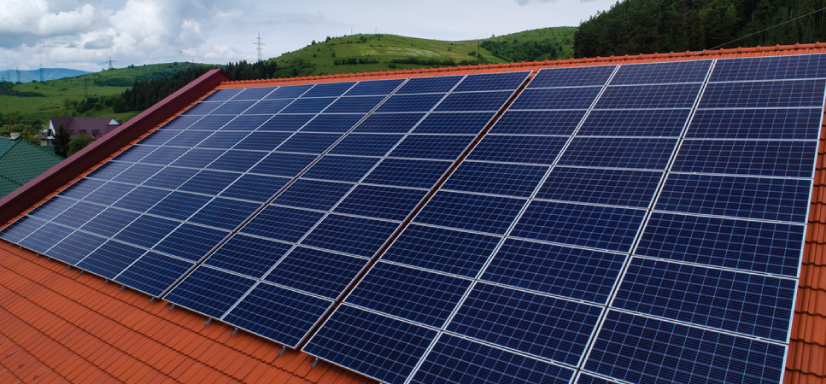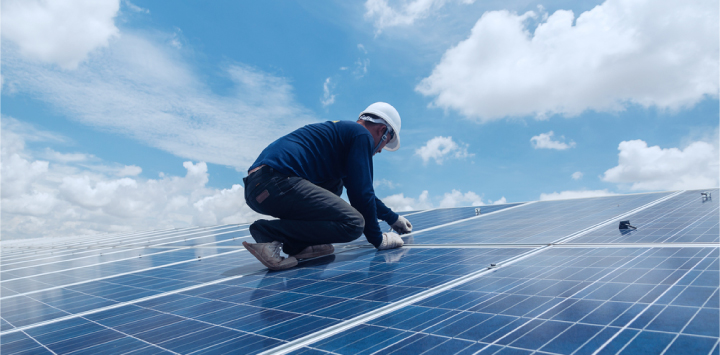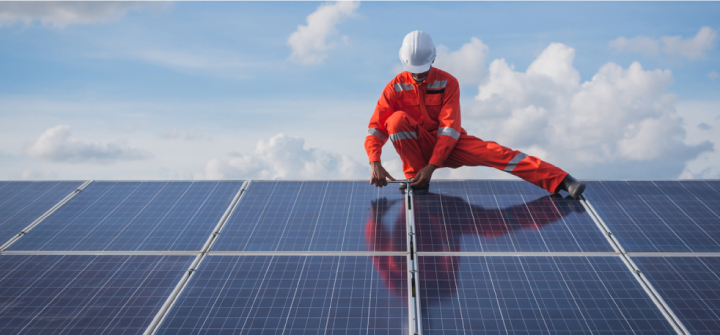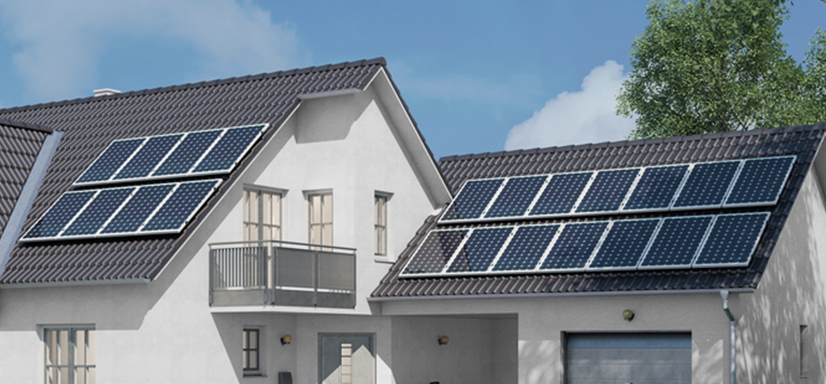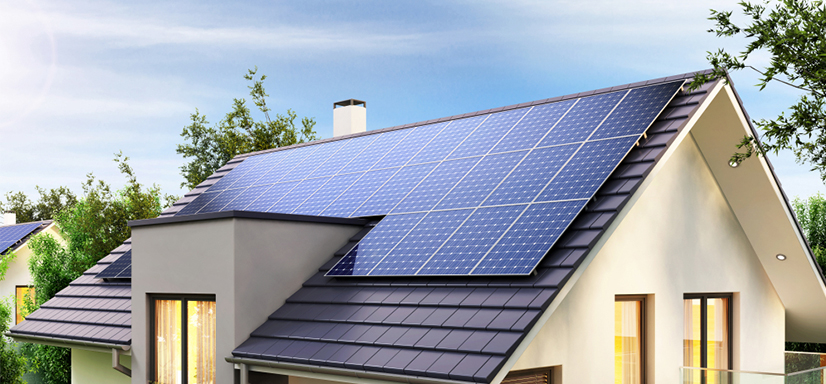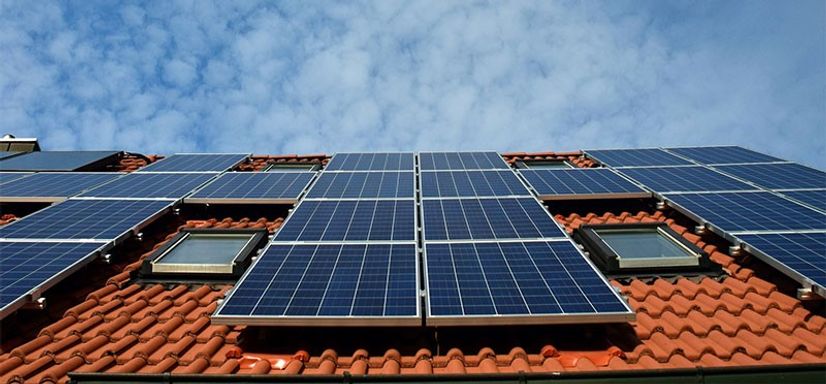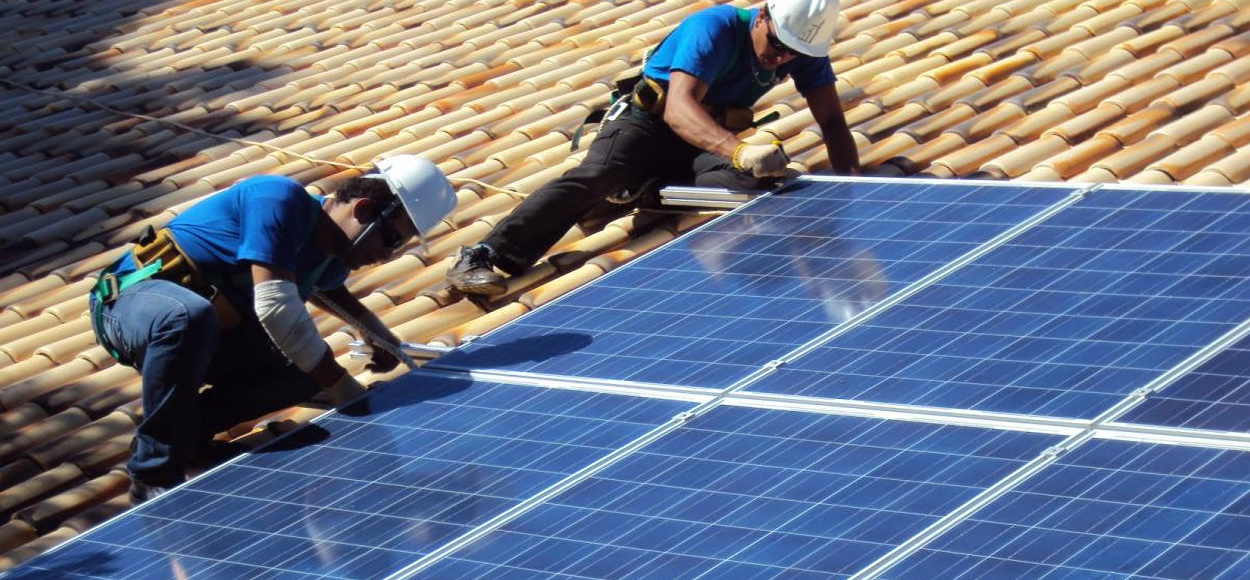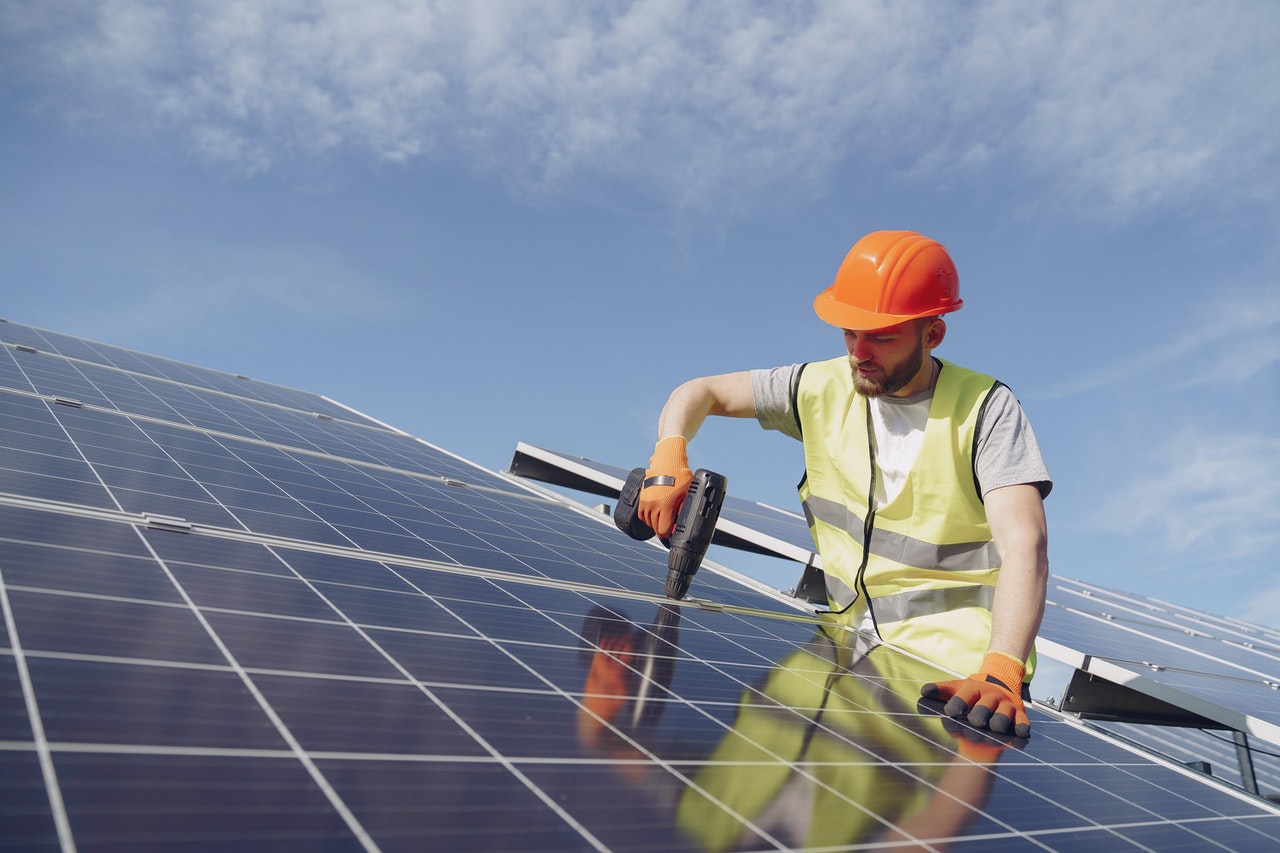
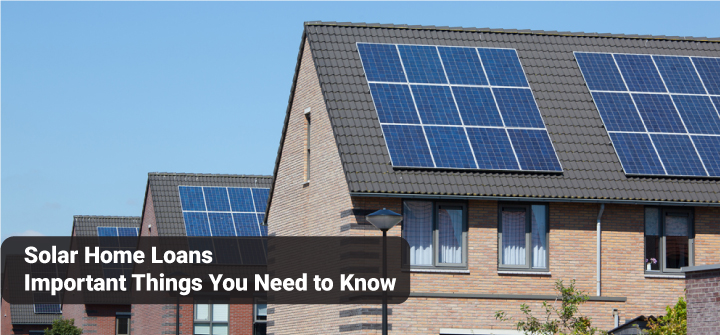
Solar Home Loans: Important Things You Need to Know
Australia is one of the sunniest countries on the planet, and we are utilizing all of that sunshine to its fullest. Solar panels were installed on an admirable one in four rooftops as of December 2020, producing free, sustainable electricity.
Having said that, it's critical to comprehend Residential Solar Financing. A large initial investment is required to install a high-quality solar system in your home. To ascertain the cost of installing solar panels and the best method of financing them, it pays to obtain professional guidance and conduct research for Solar Home Loans.
Are Solar Panels financially Viable?
The quick response is an unequivocal YES. In Australia, going solar is still a wise investment! Your solar system will typically pay for itself in 4 to 6 years on average and should save you money on electricity for up to 25 years. That holds true regardless of how much energy you use or what state you are in.
What is the Price of a Solar Power System?
Both good and bad news can be found here, but the advantages much outweigh the disadvantages. The bad news is that the federal solar rebate is going down, by 9% in 2021, as it has been doing each year. The good news is that during the past ten years, the cost of solar systems has dropped by a remarkable 90%.
Costs: Choosing the correct system size and architecture for your house or company will have a significant impact on how much it will cost to go solar. Other factors include the installer you select and the calibre of the solar panels you choose.
Let's look at the most popular solar system in Australia, the 6.6kW system with a 5kW inverter, to give you an idea of the typical solar costs:
A 6.6kW solar system of decent quality will typically cost you between $6,000 and $8,500. Although prices in the largest Australian cities vary only slightly, from $6,500 to $6,900.
Rebates: Taking full advantage of the government incentives that are offered can significantly reduce the upfront cost of converting your house or business to solar power.
Your government incentive is based on the size, use, and zip code of your solar system. After discussing your needs with our staff and choosing a system, you can use the solar calculator to enter your information to determine the total refund you are eligible for.
One Word of Advice
The significance of selecting a high-quality product and a qualified, professional service, as well as having professional guidance, cannot be overstated. It is definitely worthwhile to weigh the price and effectiveness of solar panels. A solar bargain is most likely scam if it seems too good to be true. Offers with terms like "$0 ahead" and "interest-free" are merely sales gimmicks meant to entice potential clients.
Here are a few steps you can take to be sure whether an offer is a scam:
- Inquire about the system's price.
- Verify whether the upfront STC rebate and any other state-specific discounts have already been taken out of the price mentioned.
- Finally, contrast the system's outright cost with the cost of a comparable system from a credible solar contractor.
What Choices Do You Have for Residential Solar Financing?
You have calculated the cost of installing solar power.
Now is the time to consider your options for paying for a dependable and excellent solar energy system:
- Ask the installation firm if they are willing to work with you on a payment schedule whereby half of the total is paid up front and the remaining balance is paid on a regular basis until the balance is paid in full.
- Add the money to your mortgage or take money out of it. Therefore, you have the choice to repay the initial investment over a period of years rather than having to make a large payment all at once.
- It is important to review the terms and circumstances of third-party solar financing and compare them to outright solar panel purchases. Make sure you are aware of additional expenses beyond your initial purchase price, such as interest and maybe loan application fees.
However, keep in mind that there are more and more Solar Home Loans offered by banks and other specialised lenders. The Australian government makes an attempt to assist its environmental and climate goals by offering Residential Solar Loan. These sustainability-linked loans frequently provide borrowers with extremely advantageous terms and circumstances.
Depending on whether you want a household or a commercial solar installation, there are various funding alternatives available.
The better strategy could be to save up and wait for the next tax refund to pay for the solar energy system you've chosen rather than overstretching your budget as a solar system is a good investment. Compare this to the savings you will get on your energy bill once your PV solar panels are installed and operating.
Conclusion
Always remember that the initial step is to conduct research to identify a fantastic business that will install a high-quality system. A reputed solar system provider will give you a number of payment options, including credit card, bright financing, EFT, and payment plans. If you have any inquiries or would want to learn more about the Residential Solar Loan, get in contact with a solar system provider.

